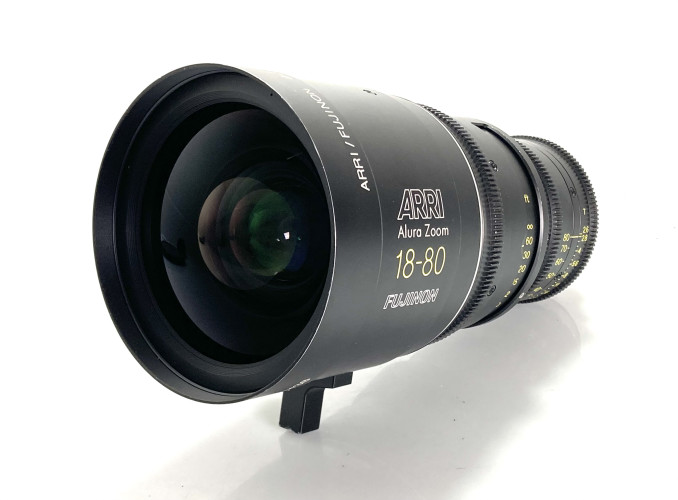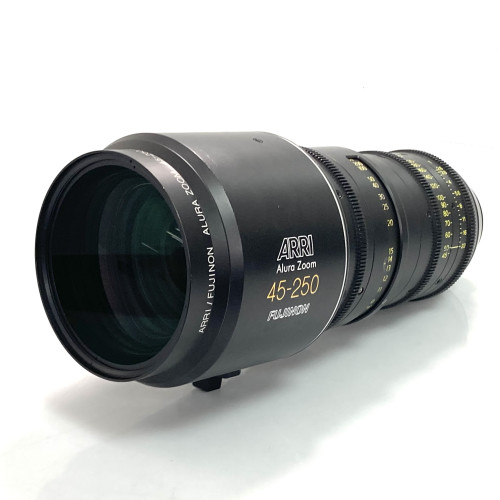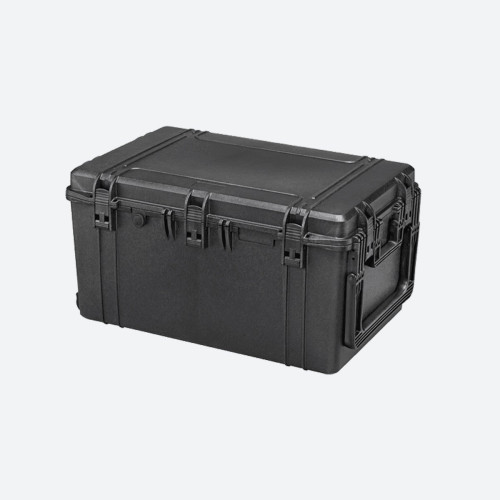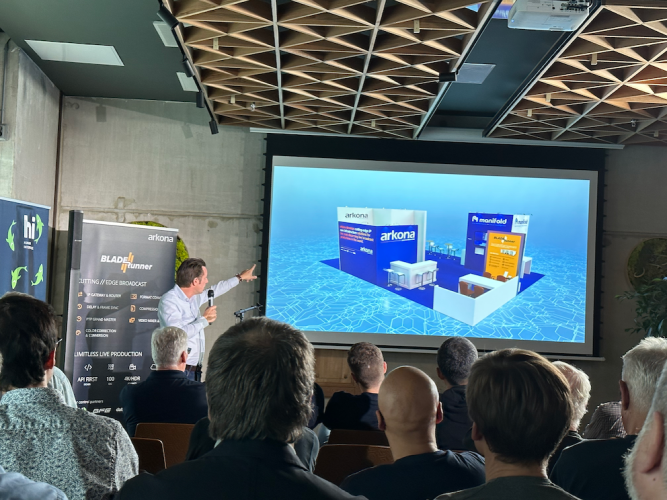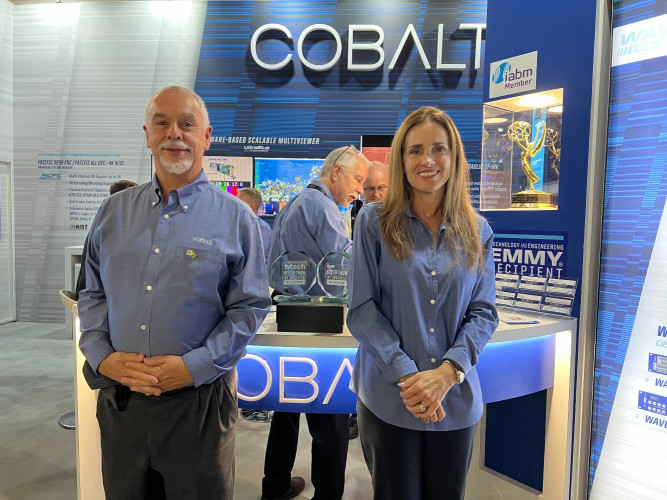A grand boy
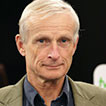
Author: Bob Pank#
Published 1st October 2011
I am smiling a particularly content smile while writing this month’s column, as just a couple of days ago I met one of my great heroes, and a giant amongst broadcasters: Sir David Attenborough. He is the recipient of the IBC International Honour for Excellence this year, and I was directing a video interview with him to use as part of the awards ceremony.
Incidentally, if you are going to IBC can I commend the awards ceremony to you. It is free and the seats in the Auditorium are extremely comfortable, which is good news in itself. But it is also a very entertaining hour or so. The presentations are swift and largely speech free – no-one is allowed to thank their agent or their mother – and there are some top treats as well.
This year, linked in with the Attenborough award, there will be a presentation on some stunning 3D wildlife programmes, including information on how you shoot king penguins in the wild in 3D (they love camera crews, apparently) and how you get a broadcast veteran to fly with pterosaurs. And there will be lots of 3D clips. It promises to be great, so try to make it. End of commercial.
Sir David Attenborough has been a hero of mine for literally as long as I can remember. My very first television memory – apart from detesting Tales of the Riverbank – was of a programme called Zoo Quest, created by Sir David.
Today we would regard it as spectacularly politically incorrect, as essentially the aim of each series was to head out into the wild somewhere, capture an example of an endangered species, and bring it back to London Zoo. So we will skip over that little detail and think about how different programme making was in those days.
The BBC website’s archive section includes a lot of information on the various series of Zoo Quest, including the original programme proposal for the first series, written on a battered typewriter by Sir David himself. The idea was that a crew would join London Zoo’s expert and film what happens. Simple as that. Basically, he was asking for a cameraman and some cans of film, which he would take off to “the forest-clad hills of Sierra Leone” for a couple of months, hoping to come back with enough material for six programmes.
The proposal, as all good programme plans must, contained a budget. It includes line items not often seen in today’s submissions, like “share of expenses for African bearers = £15” and “Messing for eight weeks for two = £70”. There is not, I have to report, a line item for health and safety training.
In those days, origination costs were “Stock and processing of 10,000 feet of 16mm film = £300”, “Negative cutting charges = £20” and “Show print of film = £7”. Flagship wildlife documentary series with a post production budget of £27.
Attenborough’s conclusion is that the location costs would be £900 and the studio costs £70 (the BBC did not cross-charge its studio facilities to programmes in those halcyon days). “Thus if there were to be six programmes in the series their approximate cost would be £220”, he wrote, adding, in case this looked like rash expenditure, “There might also be a possibility of using the film in a series of programmes for children’s television, which would of course reduce further the expenses per programme.”
£220 in 1953, adjusted for the RPI, is £4780 in 2011.
Also in the BBC archive is the audience research report for a later series of Zoo Quest, when they captured a komodo dragon (and had to leave it behind because of the paperwork – some things never change). “It is estimated that the audience for this broadcast was 22% of the adult population of the United Kingdom, equivalent to 50% of the adult TV public,” the report says. The programme received an “outstanding” reaction index of 91%.
The research report includes quotes from viewers on its panel, which says as much about the nature of 1950s England as the programme. “An RAF officer” said Sir David “must have made St George green with envy at the exploits of his modern counterpart”, and “a fitter and turner” added “we regard Attenborough as the finest type of Englishman – unpretentious, humorous, resourceful and humane with his animals. A grand boy!”
I can confirm that he is still unpretentious and humorous, although I think you would probably no longer call him a grand boy. A deserving winner of the IBC International Honour for Excellence. Now if I can only borrow five grand I have this programme idea to tell him…




